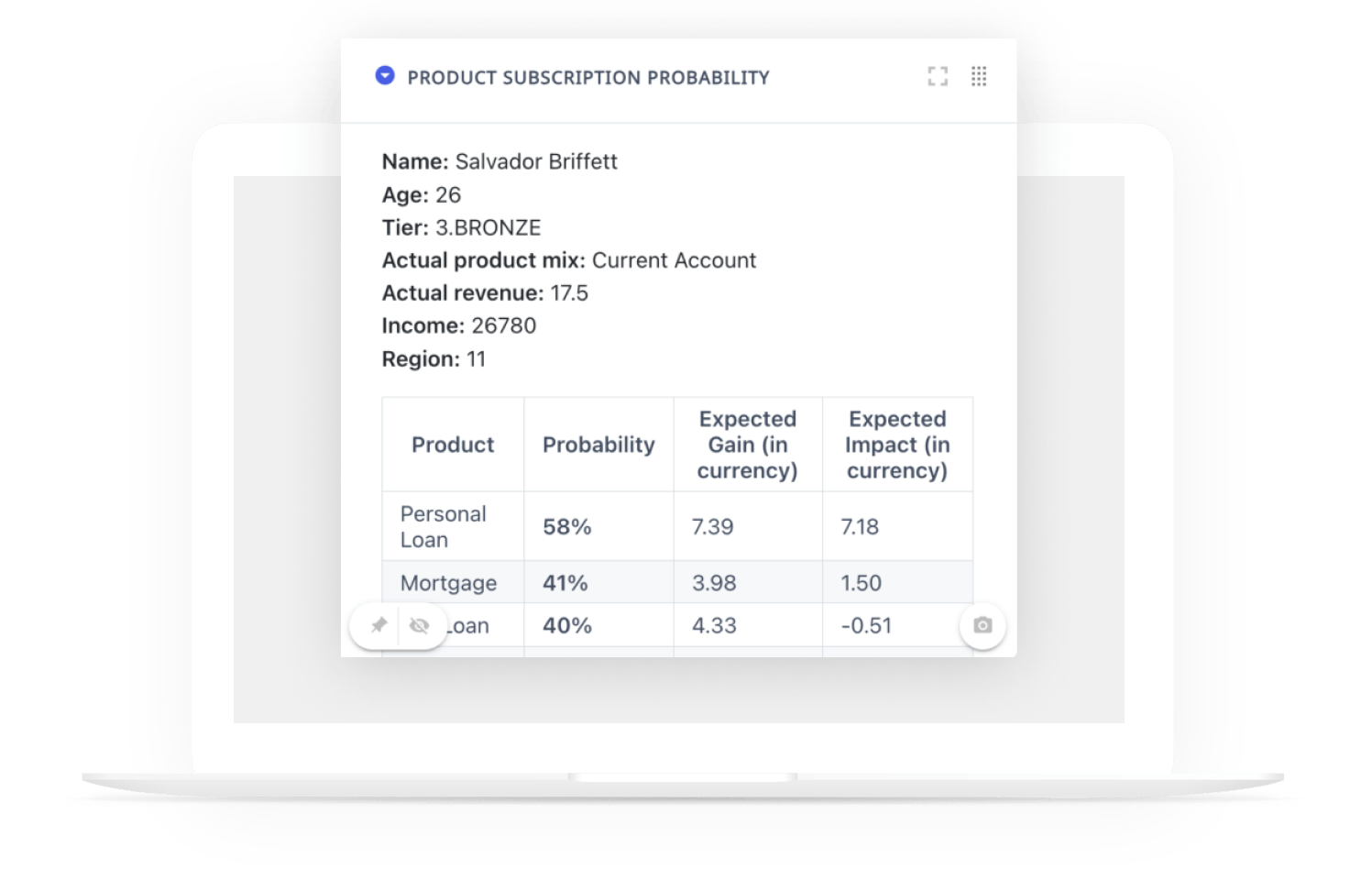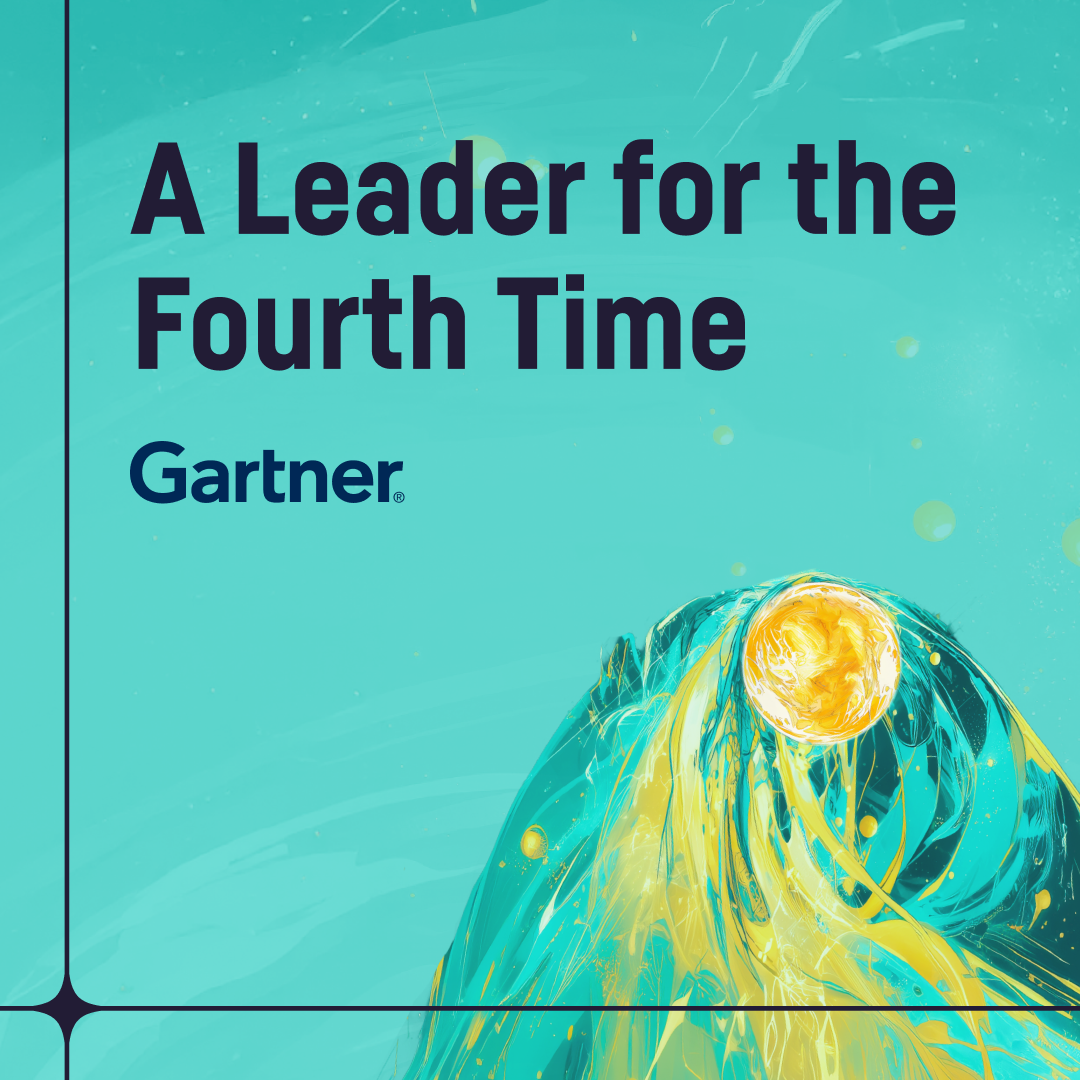Pfizer: Everyday AI Is A Journey,
Not A Destination
Debbie Reynolds, VP Enterprise Data Solutions and Engineering at Pfizer, discusses how the company has been able to put data at the core of everyday business decisions.
Learn More



